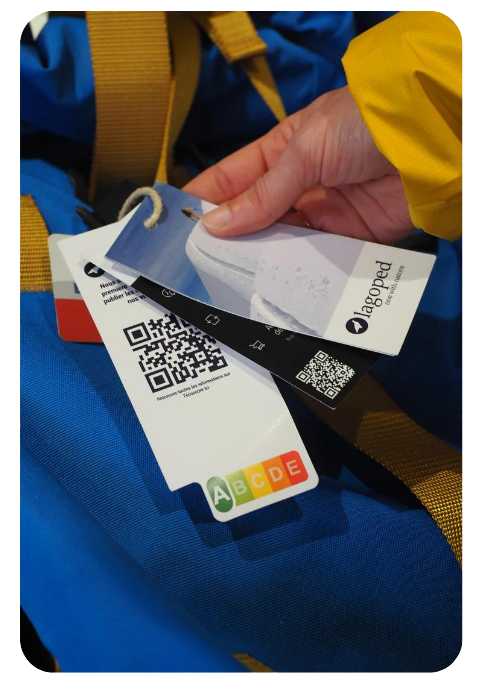In the ever-evolving realm of environmental sustainability, staying ahead of regulatory shifts is key. At Peftrust, we pride ourselves on not just keeping pace but leading the way.
Since March 2024, we’ve been pioneering a groundbreaking initiative within textile sustainability:
The incorporation of the French Score, known as “Coût Environnemental” into our digital LCA platform for environmental assessment.

While the public unveiling of this score occurred recently, our clients have been reaping its benefits for more months now, affording them a significant edge in reaching their sustainability goals.
The French Score represents a pivotal development stemming from France’s Ministry of Ecological Transition and ADEME’s collaborative efforts.
A cornerstone of the country’s Climate and Resilience Law, the “Affichage Environnemental” is a requirement that proposes assigning a score in the form of a numerical value to products, to serve as a tangible indicator of their environmental impact.
Much like price conveys financial cost, the Eco-Score illuminates the ecological toll. It is empowering consumers to make informed choices and incentivizing producers to embrace more sustainable practices.
Integrating the French Score: Enhancing Sustainability Metrics
Our integration of the French Eco-Score into our platform is not merely a response to regulatory requirements. It’s a proof of our commitment to help fashion brands, manufacturers, and suppliers align their impact with their sustainable values.
.png)
Two French additional impact categories
The French Government itself has acknowledged the inadequacy of solely assessing carbon impact when evaluating environmental impact comprehensively. They consider a few more criteria.
As a result, we have expanded our environmental impact categories beyond the 16 PEF indicators to include the two French specific categories.
- The first key area we addressed in this integration is the consideration of End-of-Life (E-O-L) Exports Outside Europe. This entails a calculation that factors in the probability of being recycled after waste based on product composition. Products containing natural fibers have a higher likelihood of being recycled after waste compared to those with synthetic fibers, impacting the final Score accordingly.
- The second area addressed by our platform is Microfiber Release, a critical and growing environmental concern. We employ sophisticated algorithms to calculate the potential release of microfibers during the lifecycle of textile products, considering factors such as fiber type and production processes.
Accounting for Emotional Durability
Finally, we also integrate Emotional Durability in the calculations. This is a multifaceted metric that evaluates 5 different factors that contribute to the longevity and hence sustainability of the product: traceability display, raw materials, commercialization duration, range breadth, and repair incentive.
By integrating Emotional Durability into our assessments, we provide a holistic view of product sustainability beyond conventional metrics. The durability aspect of clothing is often overlooked yet crucial. Without it, erroneous scores can arise, leading to misleading comparisons where synthetic fibers such as polyester may appear more favorable than natural fibers like cotton.
Also, focusing on durability allows to reduce environmental impact, waste levels, and resource consumption. This proactive approach ensures regulatory compliance and eventually can translate into
higher prices, lower costs, and enhanced brand loyalty.
Peftrust’s Unique Edge
What sets Peftrust apart is not just our ability to adapt to regulatory changes but our proactive approach in anticipating and integrating them impeccably into our platform.
While competitors scramble to retrofit their systems, our clients enjoy a unique advantage, assured of compliance and ready for market competitiveness. Our platform’s architecture is engineered to accommodate diverse regulatory frameworks regardless of geographical jurisdiction, as well as different lifecycle stages and impacts across fashion value chain. Regulatory fulfillment isn’t a hurdle for us, but rather an inherent feature that we know serves our clients’ best interests.
In addition, our commitment to excellence extends beyond mere compliance. While government-provided tools like Ecobalyse offer primary assistance, we surpass these boundaries offering unparalleled depth and granularity in environmental assessment. While Ecobalyse serves its purpose for basic calculations, our platform provides a comprehensive suite of tools and data sources, ensuring precise calculations for even the most complex fabrics and supply chain specificities.
Moreover, transparency and accountability are foundational pillars of our methodology. Peftrust subjects its methodology to rigorous scrutiny, undergoing biannual reviews to ensure the highest standards of accuracy and reliability. Trust isn’t just earned, it’s cultivated.
In the dynamic landscape of sustainability, Peftrust stands as your steadfast fashionally, navigating legislative complexities and delivering actionable insights. With the French Eco-Score integrated into our platform, you can now showcase your commitment to environmental stewardship and maintain a competitive edge in today’s increasingly eco-conscious market. As additional countries introduce their unique scoring systems, rest assured that we are equipped to seamlessly incorporate them into our algorithms, ensuring our clients remain at the forefront of sustainable practices and compliant with any existing regulations.


